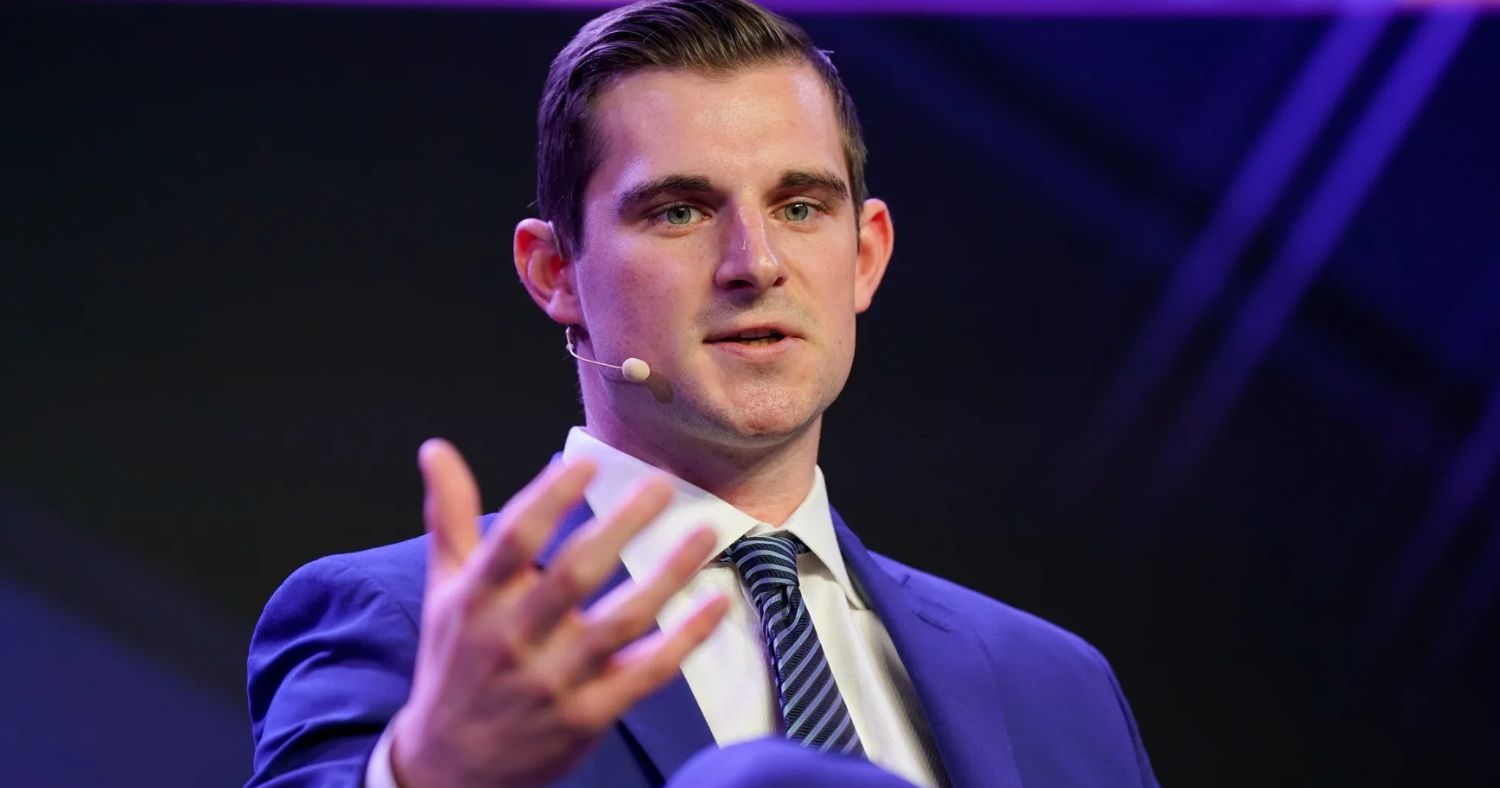Washington D.C. and the global crypto community are buzzing following the abrupt resignation of Bo Hines, Executive Director of the Council of Advisors on Digital Assets. After a mere seven months in office, Hines announced his departure on Saturday, August 9, sparking intense speculation about the future direction of America’s cryptocurrency regulation. His sudden exit raises critical questions about the effectiveness of recent policy initiatives and the ongoing tug-of-war between innovation and oversight in the digital asset space.
Hines, who described his time working alongside President Donald Trump and “Crypto Czar” David Sacks as “the honor of a lifetime,” took to X (formerly Twitter) to confirm his resignation. He lauded their collective efforts in positioning the United States as a leading force in the crypto world and vowed to continue advocating for the ecosystem from the private sector.
However, the reasons behind his brief tenure remain officially undisclosed, fueling a range of theories. Industry insiders are weighing two primary possibilities: either Hines was presented with a significantly more lucrative opportunity in the private sector, or his short stint reflects an inability to meet ambitious expectations regarding regulatory advancements and the expansion of government-held Bitcoin reserves. Critics have voiced disappointment, citing a lack of transparency concerning official audits of government-owned cryptocurrencies and a perceived stagnation in the push for a strategic Bitcoin reserve.
During his time at the White House, Hines championed principles he had advocated for as a 2022 congressional candidate. These included limiting excessive regulation, safeguarding decentralized finance (DeFi) as a cornerstone of financial freedom, and staunchly opposing Central Bank Digital Currencies (CBDCs) due to concerns over economic sovereignty. These positions largely aligned with the White House’s 2025 policy directives, which saw a rejection of CBDCs and the introduction of a regulatory framework that favored stablecoins and reduced digital asset reporting requirements.
A notable objective for Hines was the establishment of a strategic Bitcoin reserve for the U.S., with a stated aim to acquire “as much Bitcoin as we can get” through budget-neutral methods. Despite this strong advocacy, there has been no discernible increase in government Bitcoin holdings, and proposals such as reallocating excess gold reserves for Bitcoin purchases have yet to materialize. Whether the lack of progress on this front contributed to his decision to step down is a subject of ongoing debate.
Hines, a Wake Forest University law graduate with a background in college football, had limited political experience prior to his appointment to the Crypto Council following President Trump’s 2024 election victory. He was widely regarded as a staunch conservative whose values dovetailed with those of the administration.
As Bo Hines transitions back to the private sector, the digital asset community watches keenly, pondering his legacy and the potential shifts in U.S. crypto policy. His departure underscores the dynamic and often unpredictable nature of cryptocurrency regulation, leaving stakeholders to anticipate what comes next in this rapidly evolving financial frontier.
You might be interested in:





